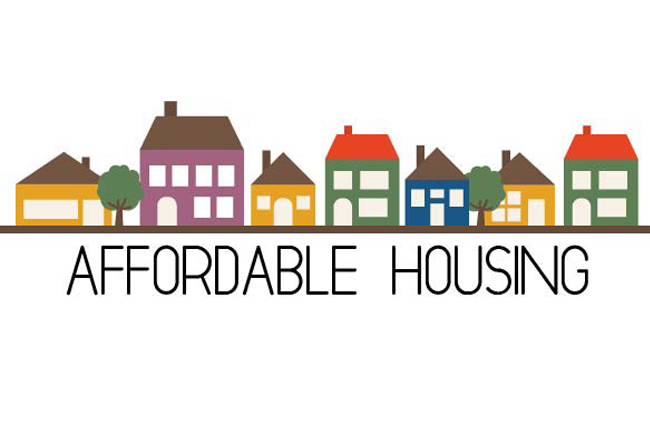The U.S. Bureau of Labor Statistics (BLS) this morning issued its jobs report for July — and the numbers show that the recovery from the initial shockwave of Covid-19 continues to be very strong.
 Nonfarm payroll employment increased by 943,000 in July, while the nation”™s unemployment rate fell by 0.5% to 5.4% percent. Significant job gains occurred in leisure and hospitality, which had been devastated by the economic slowdown that included dramatic drops in tourism and business travel.
Nonfarm payroll employment increased by 943,000 in July, while the nation”™s unemployment rate fell by 0.5% to 5.4% percent. Significant job gains occurred in leisure and hospitality, which had been devastated by the economic slowdown that included dramatic drops in tourism and business travel.
The number of unemployed people declined by 782,000 to 8.7 million in July. The unemployment rate among Whites was 4.8%, while the rate for Blacks was 8.2% and Hispanics came in at 6.6%.
William W. Beach, commissioner of BLS, recalled that the initial impact of the pandemic produced job losses totaling 22.4 million during the February-April 2020 recession. Beach pointed out that job growth restarted in January of this year and nonfarm payroll employment has increased by 4.3 million over the past seven months.
However, employment still is down by 5.7 million, or 3.7%, from the pre-pandemic employment peak in February 2020.
The BLS found that 13.2% of employed people were working remotely rather than in company locations in July, down from 14.4% in June.
The leisure and hospitality sector added 380,000 jobs in July. Employment gains continued in food services including bars, which saw jobs increase by 253,000. Arts, entertainment and recreation saw an increase of 53,000 jobs in July, with leisure and hospitality adding a combined 2.1 million jobs since January.
In July, there were 221,000 new jobs in public education and 40,000 jobs added in private education.
“Pandemic-related staffing fluctuations in education have distorted the normal seasonal buildup and layoff patterns, likely contributing to the job gains in July,” Beach said.
Overall, however, since February 2020, employment is down by 205,000 in local government education and by 207,000 in private education.
Among professional and business services, employment went up by 60,000 in July. Transportation and warehousing added 50,000 jobs.
Health care employment rose by 37,000 in July, while manufacturing added 27,000 jobs.
There was a slight drop in retailing, with 6,000 jobs lost. Employment in construction and wholesale trade showed little change over the month.
In July, on average, those in the private sector were working a 34.8-hour week while the average time on the job per employee in manufacturing was 40.5 hours.



















